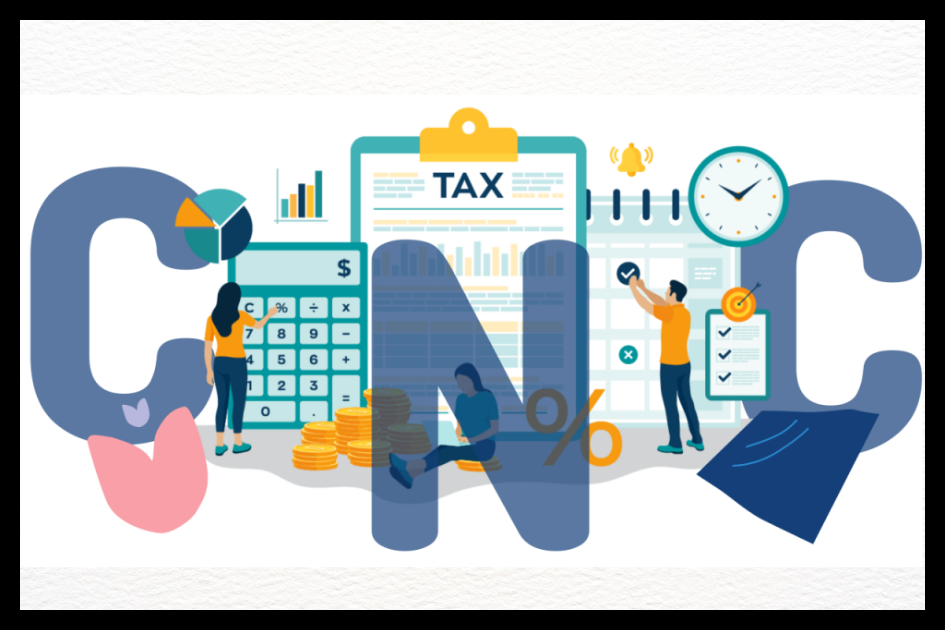If you’re struggling with back taxes and can’t pay without risking basic living expenses or business survival, the IRS currently not collectible status may be an option. This temporary relief doesn’t erase your debt, but it pauses collection efforts until your financial situation improves.
In this article, we’ll explain what IRS currently not collectible status means, when to request it, and how it affects small business owners.
What Does IRS Currently Not Collectible Mean?
When the IRS marks your account as currently not collectible (CNC), it acknowledges that forcing you to pay would create financial hardship. During this time:
- The IRS stops wage garnishments and bank levies
- You won’t be required to make monthly payments
- Penalties and interest still accrue, but no active collection occurs
It’s a temporary solution meant to give you breathing room while your finances recover.
When to Request IRS Currently Not Collectible Status
Not every taxpayer qualifies for CNC. It’s typically granted when:
- Your income barely covers necessary living expenses
- Paying back taxes would make you unable to afford rent, utilities, or food
- Your business cash flow is too low to cover payroll and essential costs
- Other payment options like installment agreements aren’t realistic
If these situations sound familiar, requesting IRS currently not collectible status could prevent further financial strain.
How to Apply for CNC Status
The IRS doesn’t grant CNC automatically—you have to request it. Steps include:
- Financial Disclosure – Complete IRS Form 433-A or 433-F (for individuals) or Form 433-B (for businesses).
- Provide Documentation – Supply proof of income, expenses, assets, and liabilities.
- IRS Review – The IRS evaluates whether your expenses meet their hardship guidelines.
If approved, the IRS officially marks your account as currently not collectible.
Benefits of IRS Currently Not Collectible Status
For small business owners and individuals alike, CNC status provides relief:
- Stops aggressive IRS collection actions
- Protects wages and bank accounts from levies
- Buys time to improve financial stability
While it doesn’t reduce your tax bill, it creates space to regroup and explore long-term solutions.
Drawbacks to Consider
Before requesting IRS currently not collectible status, understand the trade-offs:
- Penalties and interest continue to grow
- The IRS may file a tax lien against your property
- Your financial situation will be reviewed periodically
- It’s not a permanent fix—eventually, you’ll need to resolve the debt
This is why CNC is best viewed as short-term relief, not a final solution.
Alternatives to CNC Status
If IRS currently not collectible status isn’t right for your situation, other tax relief options may work better:
- Installment Agreement – Pay back taxes over time in monthly installments.
- Offer in Compromise – Settle your tax debt for less than the full balance.
- Penalty Abatement – Request relief from certain penalties if you qualify.
A tax professional can help determine which option gives the best long-term outcome.
Final Thoughts
Requesting IRS currently not collectible status can give overwhelmed taxpayers much-needed relief. It’s designed for those who simply cannot pay without sacrificing essential living or business expenses.
If tax debt is weighing you down, CNC status may be the pause you need while working toward a more permanent resolution.

